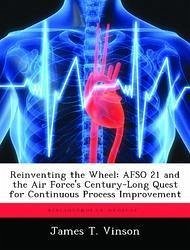
Reinventing the Wheel: AFSO 21 and the Air Force's Century-Long Quest for Continuous Process Improvement
Versandkostenfrei!
Versandfertig in über 4 Wochen
58,99 €
inkl. MwSt.

PAYBACK Punkte
29 °P sammeln!
Today's Air Force faces personnel cuts, increasing fiscal pressures, and the strain of supporting GWOT. These forces combine to make a renewed focus on continuous process improvement (CPI) and achieving maximum efficiency essential for the Air Force to sustain its demanding operations tempo with fewer resources. This renewed focus is currently applied through the Air Force Smart Operations for the 21st Century program (AFSO 21), which is often compared to the Quality Air Force initiative of the 1990s. Could this cyclical quest for institutionalized CPI suggest a history and culture of process ...
Today's Air Force faces personnel cuts, increasing fiscal pressures, and the strain of supporting GWOT. These forces combine to make a renewed focus on continuous process improvement (CPI) and achieving maximum efficiency essential for the Air Force to sustain its demanding operations tempo with fewer resources. This renewed focus is currently applied through the Air Force Smart Operations for the 21st Century program (AFSO 21), which is often compared to the Quality Air Force initiative of the 1990s. Could this cyclical quest for institutionalized CPI suggest a history and culture of process improvement that goes beyond AFSO 21 and QAF? This project examined CPI concepts through the lens of a broader historical perspective and found the Air Force has a rich heritage of process improvement dating back beyond its origin to the earliest days of airpower as an instrument of war. Further, Airmen have shown themselves to be innovative by nature, with or without institutionalized process improvement programs, suggesting this characteristic is somehow part of an Airman's psyche, essence, or DNA. Drawing from lessons learned and observations made during this rich history, the paper concludes with a few recommendations for ensuring the success of AFSO 21.



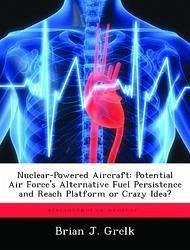

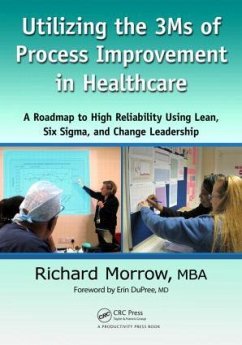

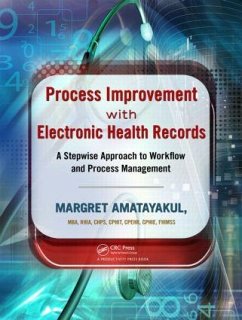

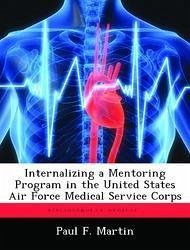

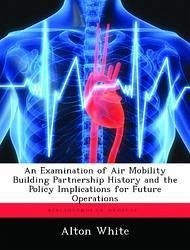
![First[-Third] Report of the Commissioners Appointed to Inquire Whether Any and What Special Means May Be Requisite for the Improvement of the Health of the Metropolis Cover First[-Third] Report of the Commissioners Appointed to Inquire Whether Any and What Special Means May Be Requisite for the Improvement of the Health of the Metropolis](https://bilder.buecher.de/produkte/52/52102/52102605n.jpg)